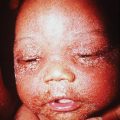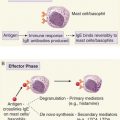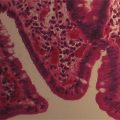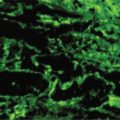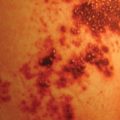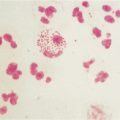CASE 26
Brad, a 25-year-old man, was referred to your endocrinology service by his family physician with apparently multiple autoimmune-type manifestations. He first came to his family physician’s attention several years earlier with weight gain, listlessness, general fatigue, and coarsening of the skin. After multiple attempts to establish a diagnosis his physician finally arrived at the conclusion (seemingly confirmed by thyroid function tests) that he was hypothyroid. There was no antecedent viral illness that anyone could remember, and no other family members were affected. These problems seemed to resolve with conventional thyroid replacement therapy with levothyroxine. About 2 years later fatigue recurred despite evidence for normal thyroid replacement. Blood work at this time was suggestive of adrenocortical involvement, and indeed a diagnosis of Addison’s disease was pursued. Measurement of serum and urinary adrenocortical hormones supported this hypothesis too, and again he was treated effectively with replacement mineralcorticoid, fludrocortisone (Fluorcortef/Florinef). Once again there was no evidence of any precipitating event to this disorder (drugs/infection) and no family members were affected. Finally, just 3 weeks ago he presented with an oral Candida albicans infection, which has been inordinately resistant to topical antifungal agents, and his physician is at a total loss. He is essentially unsure whether Brad is just “unlucky” or whether all of these events are tied together and are independent manifestations of some disorder he has not heard of. The answer is in fact likely to be the latter.
QUESTIONS FOR GROUP DISCUSSION
Stay updated, free articles. Join our Telegram channel

Full access? Get Clinical Tree


